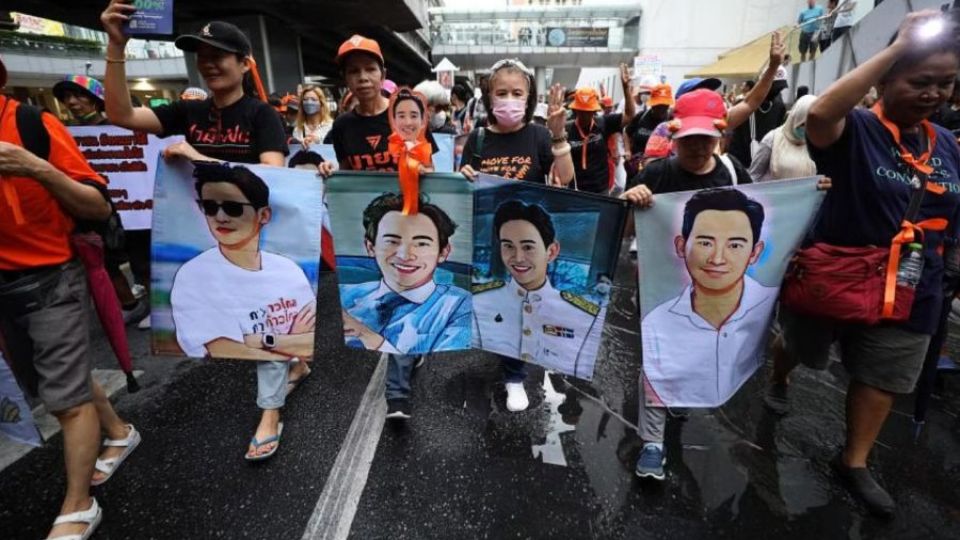August 17, 2023
BANGKOK – Thailand’s Constitutional Court has rejected a petition challenging Parliament’s decision to bar Move Forward Party (MFP) leader Pita Limjaroenrat from being renominated for prime minister, clearing the decks for lawmakers to hold another PM vote.
The court’s decision brings the country potentially a step closer to establishing a government, with the next sitting to select a prime minister planned for next Tuesday, after a three-month wait since the May 14 general election.
The top court on Wednesday dismissed a request to review Parliament’s veto of Mr Pita’s renomination, saying that the rights of the plaintiffs are not directly violated by the matter, and they are thus not eligible to file the case.
“The Constitutional Court unanimously issues an order denying the consideration of the petition,” said the court in a statement.
In July, Mr Pita failed twice in his bid for premiership – he was unable to garner enough support in the first round, and was later denied a second shot at the vote.
The petition, submitted by the Office of the Ombudsman, had arisen from complaints made by legal experts and MFP supporters over a July 19 move by lawmakers to reject the progressive party leader’s second attempt to stand in the vote for a prime minister.
The majority of the lawmakers had backed a parliamentary rule prohibiting the re-submission of a failed motion in the same session.
Following the court’s decision, House Speaker Wan Muhamad Noor Matha said the vote for Thailand’s 30th prime minister will take place on Aug 22.
The Pheu Thai Party, which is the election runner-up with 141 MPs, is currently leading a coalition of nine parties hoping to form the next government. It intends to nominate its prime ministerial candidate, real estate mogul Srettha Thavisin, 60, for the coming vote.
Officially, Pheu Thai – which is backed by former premier Thaksin Shinawatra – has 238 elected MPs in its coalition, which includes conservative parties like the Bhumjaithai Party that are part of the outgoing government. But for Mr Srettha to become prime minister, he must get majority support from the 750-member Parliament, made up of 500 elected Lower House MPs and the 250-member junta-selected Senate.
Besides Pheu Thai’s attempts to gather Senate votes, there has been talk of its negotiations with other conservative parties, in particular Palang Pracharath and United Thai Nation, which are associated with former army chiefs and outgoing government leaders, namely outgoing Deputy Premier Prawit Wongsuwan and Prime Minister Prayut Chan-o-cha, respectively.
MFP, which won the election with 151 seats, had in May teamed up with Pheu Thai and six other smaller parties in an attempt to lead a government that is free from the influence of the previous military-linked administration. The coalition had a total of 312 MPs.
But MFP and Mr Pita could not muster enough support from conservative lawmakers, who rebuffed the party’s reformist policies, in particular its plan to reform the lese majeste law that criminalises insult to the monarchy.
Pheu Thai then took over the reins to lead that coalition. But earlier in August, it dropped MFP from the alliance after facing strong resistance from conservative and military-linked lawmakers who provide crucial support in forming the government.


